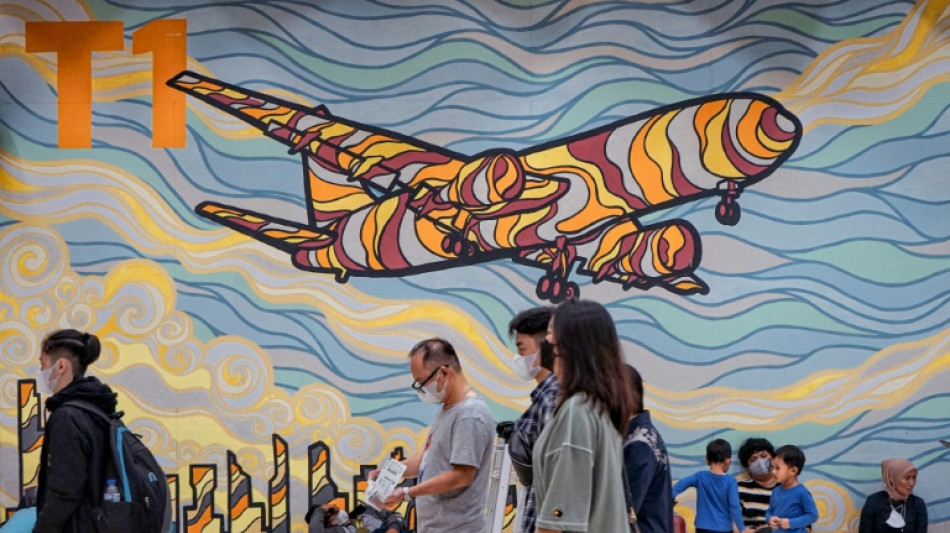
-
 Pakistan's Rauf and Indian skipper Yadav punished over Asia Cup behaviour
Pakistan's Rauf and Indian skipper Yadav punished over Asia Cup behaviour
-
Libbok welcomes 'healthy' Springboks fly-half competition

-
 Reeling from earthquakes, Afghans fear coming winter
Reeling from earthquakes, Afghans fear coming winter
-
Ronaldo reveals emotional retirement will come 'soon'

-
 Munich's surfers stunned after famed river wave vanishes
Munich's surfers stunned after famed river wave vanishes
-
Iran commemorates storming of US embassy with missile replicas, fake coffins

-
 Gauff sweeps Paolini aside to revitalise WTA Finals defence
Gauff sweeps Paolini aside to revitalise WTA Finals defence
-
Shein vows to cooperate with France in probe over childlike sex dolls

-
 Young leftist Mamdani on track to win NY vote, shaking up US politics
Young leftist Mamdani on track to win NY vote, shaking up US politics
-
US government shutdown ties record for longest in history

-
 King Tut's collection displayed for first time at Egypt's grand museum
King Tut's collection displayed for first time at Egypt's grand museum
-
Typhoon flooding kills over 40, strands thousands in central Philippines

-
 Trent mural defaced ahead of Liverpool return
Trent mural defaced ahead of Liverpool return
-
Sabalenka to face Kyrgios in 'Battle of Sexes' on December 28

-
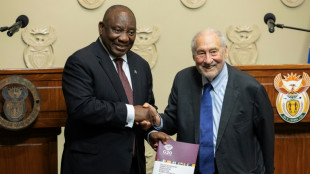 Experts call for global panel to tackle 'inequality crisis'
Experts call for global panel to tackle 'inequality crisis'
-
Backed by Brussels, Zelensky urges Orban to drop veto on EU bid

-
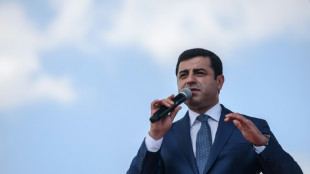 After ECHR ruling, Turkey opposition urges pro-Kurd leader's release
After ECHR ruling, Turkey opposition urges pro-Kurd leader's release
-
UK far-right activist Robinson cleared of terror offence over phone access
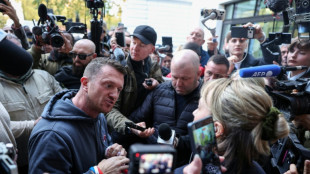
-
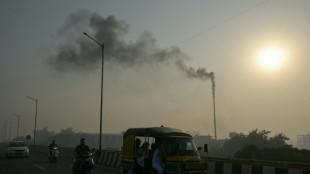 World on track to dangerous warming as emissions hit record high: UN
World on track to dangerous warming as emissions hit record high: UN
-
Nvidia, Deutsche Telekom unveil 1-bn-euro AI industrial hub

-
 Which record? Haaland warns he can get even better
Which record? Haaland warns he can get even better
-
Football star David Beckham hails knighthood as 'proudest moment'

-
 Laurent Mauvignier wins France's top literary award for family saga
Laurent Mauvignier wins France's top literary award for family saga
-
Indian Sikh pilgrims enter Pakistan, first major crossing since May conflict
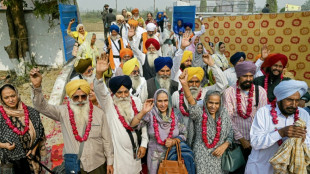
-
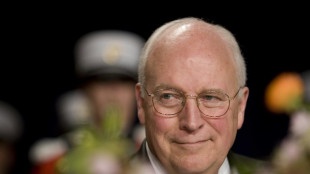 Former US vice president Dick Cheney dies at 84
Former US vice president Dick Cheney dies at 84
-
Fiorentina sack Pioli after winless start in Serie A
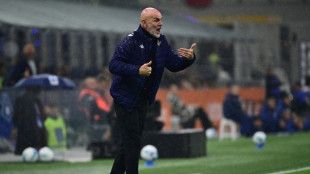
-
 Oscar-winning Palestinian films daily 'Israeli impunity' in West Bank
Oscar-winning Palestinian films daily 'Israeli impunity' in West Bank
-
Spain's Telefonica shares drop on dividend cut, net loss

-
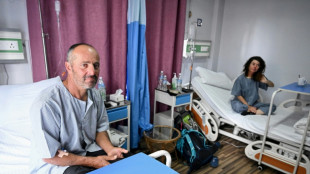 Fierce mountain storms kill nine in Nepal
Fierce mountain storms kill nine in Nepal
-
Divisive Czech cardinal Dominik Duka dies at 82
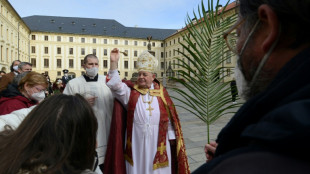
-
 Shein vows to cooperate with France in sex doll probe
Shein vows to cooperate with France in sex doll probe
-
EU in last-ditch push to seal climate targets before COP30
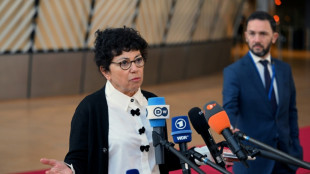
-
 Finnish ex-PM Marin says her female cabinet faced torrent of sexism
Finnish ex-PM Marin says her female cabinet faced torrent of sexism
-
Sudan army-backed council to meet on US truce proposal: govt source
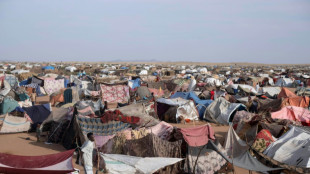
-
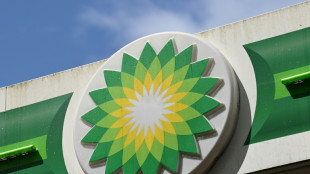 BP profit surges despite lower oil prices
BP profit surges despite lower oil prices
-
Shein vows to cooperate with France in childlike sex doll probe

-
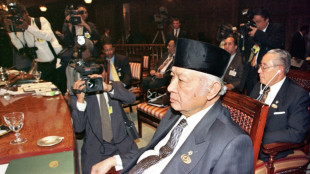 National hero proposal for Indonesia's Suharto sparks backlash
National hero proposal for Indonesia's Suharto sparks backlash
-
Indian great Ashwin out of Australia's BBL after knee surgery

-
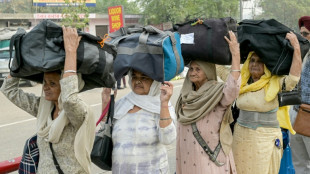 Indian Sikh pilgrims enter Pakistan, first major crossing since May conflict: AFP
Indian Sikh pilgrims enter Pakistan, first major crossing since May conflict: AFP
-
Asian markets slip as traders eye tech rally, US rate outlook
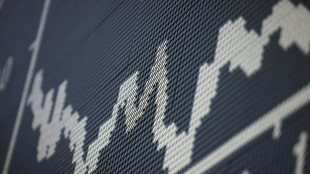
-
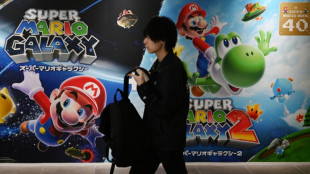 Nintendo hikes Switch 2 annual unit sales target
Nintendo hikes Switch 2 annual unit sales target
-
Typhoon flooding kills 5, strands thousands in central Philippines
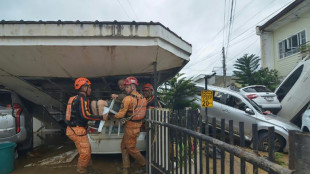
-
 Jobe Bellingham finding his feet as Dortmund head to City
Jobe Bellingham finding his feet as Dortmund head to City
-
US civil trial to hear opening arguments on Boeing MAX crash
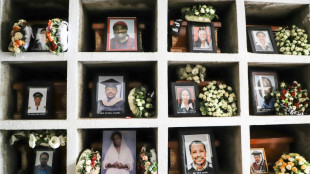
-
 Jamie Melham on Half Yours only second woman to win Melbourne Cup
Jamie Melham on Half Yours only second woman to win Melbourne Cup
-
Myanmar scam hub sweep triggers fraudster recruitment rush
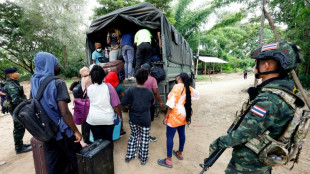
-
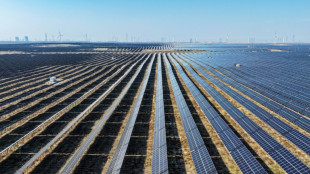 Biggest emitter, record renewables: China's climate scorecard
Biggest emitter, record renewables: China's climate scorecard
-
Floods strand people on roofs as typhoon pounds Philippines
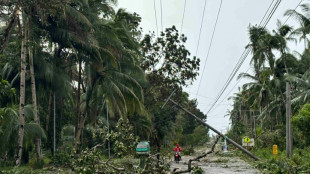
-
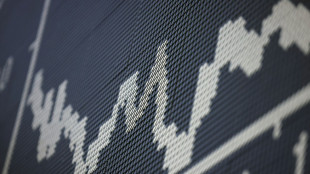 Asian markets swing as trades eye tech rally, US rate outlook
Asian markets swing as trades eye tech rally, US rate outlook
-
South Korea to triple AI spending, boost defence budget
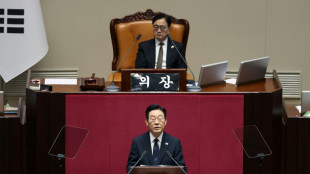
| CMSC | -0.06% | 23.655 | $ | |
| AZN | 0.17% | 81.86 | $ | |
| NGG | 0.45% | 75.08 | $ | |
| SCS | -0.09% | 15.825 | $ | |
| BTI | 0.72% | 52.82 | $ | |
| GSK | 1.14% | 46.885 | $ | |
| BP | 1.64% | 35.45 | $ | |
| BCC | 1.63% | 69.47 | $ | |
| CMSD | -0.21% | 23.85 | $ | |
| RBGPF | 0% | 76 | $ | |
| RYCEF | -1.52% | 15.13 | $ | |
| BCE | -1.59% | 22.315 | $ | |
| RIO | -2.88% | 68.4 | $ | |
| JRI | -0.76% | 13.775 | $ | |
| VOD | -1.52% | 11.21 | $ | |
| RELX | -0.32% | 44.03 | $ |

Air tickets set to keep climbing from pandemic low: experts
Propelled by inflation, the price of air tickets has begun to take off again after tumbling during the pandemic, a reversal that looks set to intensify due to environmental pressures, experts say.
For members of the International Air Transport Association, gathered in Doha for their annual meeting this week, minds are focused on how far such increases risk undermining passenger growth targets.
The IATA is also pleading for government support in reconciling the long-term commitment to net zero carbon emissions with those ambitious targets.
The aviation industry has just gone through two years where planes flew with rows of empty seats, even as they offered fares much lower than before the Covid-19 pandemic.
But with the sector still mired in the red despite movement restrictions being largely lifted, the bargain bonanza for passengers is very much over.
In the United States, the average price of an internal flight has shot up, from $202 in October 2021 to $336 in May this year, according to the Federal Reserve Bank of Saint Louis.
In the European Union, the price of a return ticket before tax in April returned to that seen in the same month of 2019, after a near-20 percent fall in 2020, according to aviation research specialists Cirium.
The oil price shock stoked by Russia's invasion of Ukraine is the most obvious factor in these price rises.
Airlines estimate that fuel prices will account for 24 percent of their total costs this year, up five percentage points from last year.
Ticket prices are also being stoked by wider inflation -- now at 40-year-highs in developed markets -- as well as stronger-than-expected demand for tickets and labour shortages.
- Reality check -
But Scott Kirby, chief executive of United Airlines, said despite the trend clearly rising, prices had yet to shoot beyond historical norms.
"In real terms, pricing is back to 2014 levels... and it's lower than it was essentially every year before" then, he said.
"So... I don't think we're going to see demand destruction."
But Vik Krishnan, a partner at McKinsey & Co, is cautious about how long the current high demand will last.
"Some of the travel that we're seeing right now is a function of all the stimulus that governments" pumped into economies during the pandemic, boosting citizens' spare income, he said.
"The number one discretionary income spending is travel and that's what people are doing.
But "how long that lasts remains to be seen", he added.
- Climate crisis versus cheap holidays -
Beyond rising costs and fears that government stimulus will fade, airlines face commitments that sit very uneasily alongside each other.
On the one hand, they target carrying a total of 10 billion passengers by 2050, up from 4.5 billion in 2019.
And yet over the same time horizon, they are beholden to achieving "net zero" carbon emissions.
The total cost of transitioning the sector to "net zero" is estimated by the IATA at an eye-watering $1.55 trillion.
"Airlines don't have the ability to absorb" the cost of that transition, IATA director general Willie Walsh said this week.
To reduce carbon emissions, the industry focus is on sustainable aviation fuels (SAFs), which are currently two to four times more expensive than fossil-based aviation fuel.
Some governments have already imposed SAF quotas, albeit in small quantities, resulting in airlines in turn imposing surcharges.
On Tuesday, the IATA urged governments to provide subsidies to ensure SAF production reaches 30 billion litres in 2030, up from 125 million litres in 2021. It also wants price curbs.
But even if such subsidies are forthcoming, "the transition to net zero will have to be reflected in ticket prices," Walsh said.
Could that reverse the long-standing global trend of air travel progressively extending beyond the wealthy?
Krishnan believes such "democratisation" will become "harder".
But he also said "low cost airlines have unleashed a world where people living in Northern Europe took it for granted that they could go on cheap vacations in Southern Europe".
It would be "very hard for governments to unwind" such entrenched expectations, he warned.
M.Furrer--BTB




